Tom Yawkey’s uncle, William Yawkey, purchases an interest in land along the shore of Winyah Bay in Georgetown County, South Carolina along with several other investors. Tom visits Georgetown frequently as a child and develops a great love of the outdoors and wildlife. These visits would lay the foundation for a lifetime of conservation and wildlife preservation efforts.
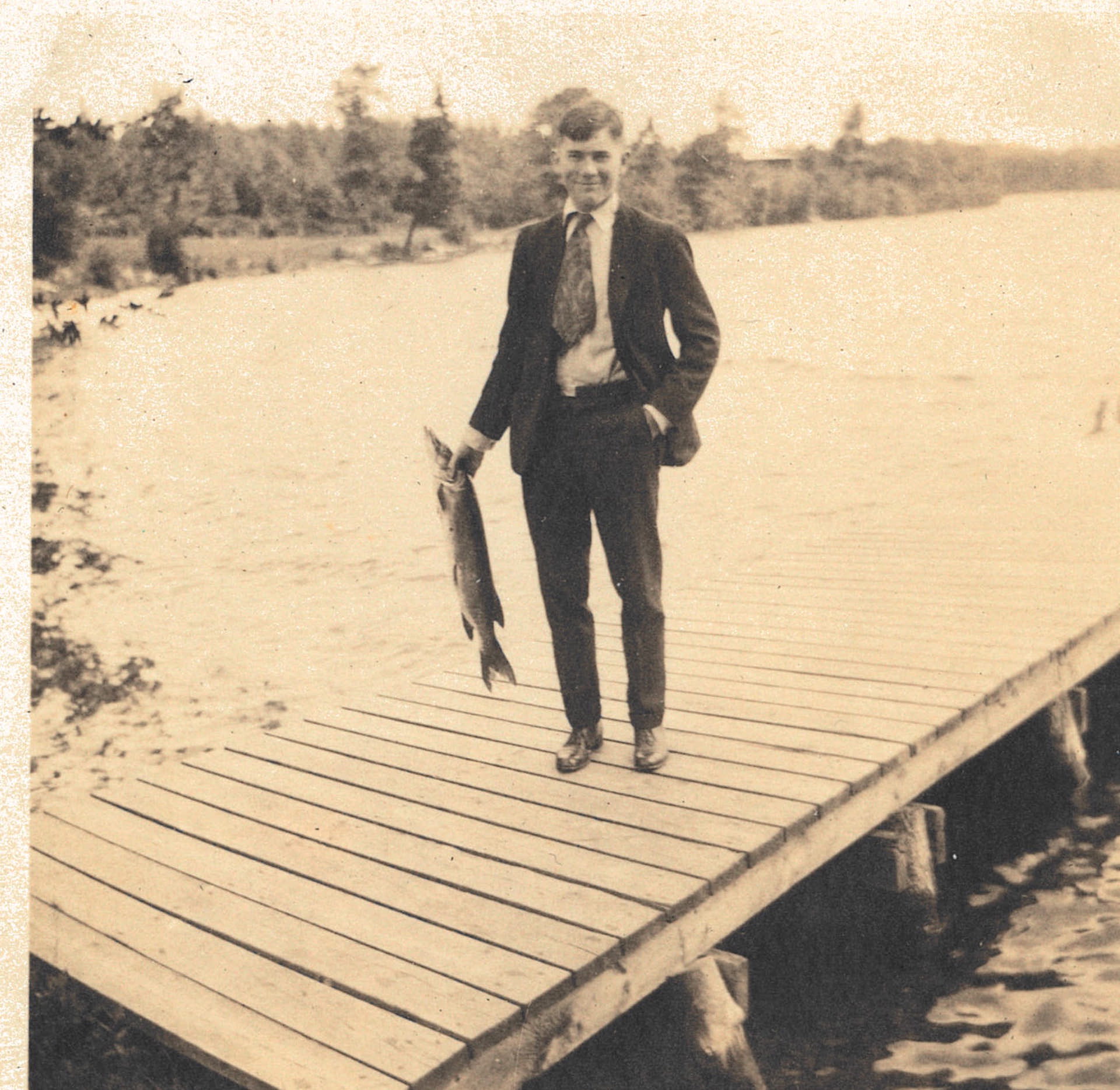
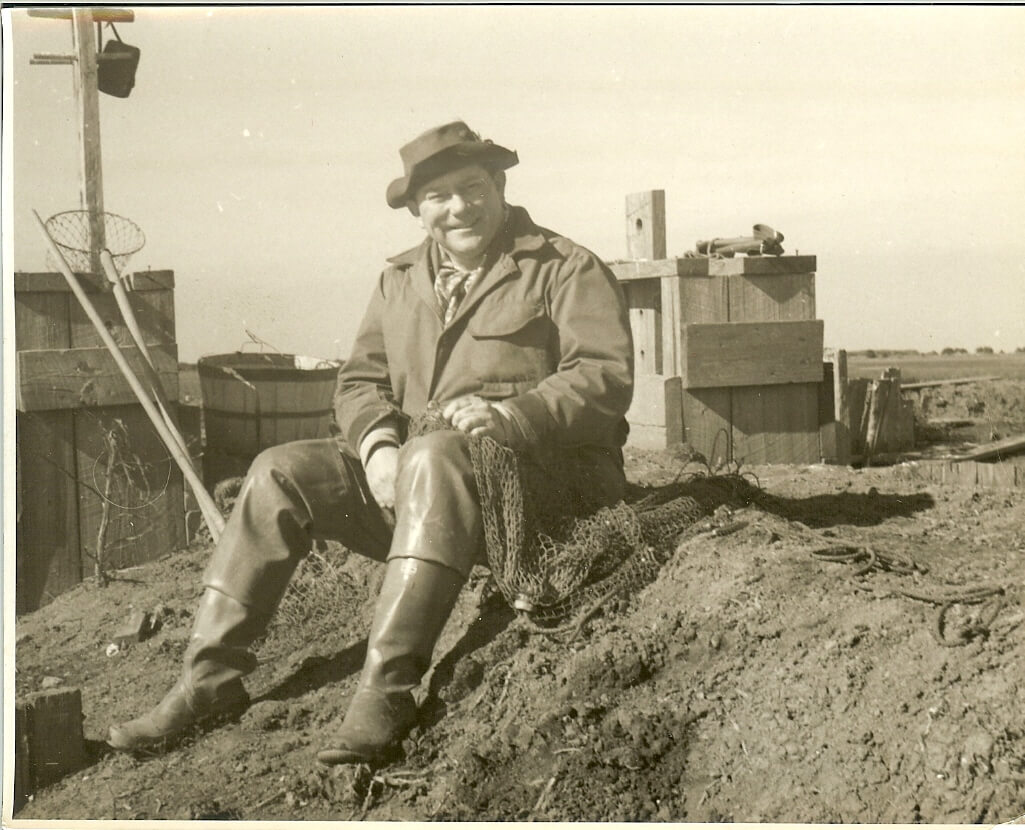
After inheriting the South Carolina land from his uncle, Tom purchases the remaining interests in the South Carolina land from the investors, and then, for the next 50+ years purchases the surrounding tracts of land for the purposes of preserving the land as a wildlife refuge. At Tom’s death in 1976, the property consists of 20,000 acres of managed wetlands, forest openings, ocean beach, longleaf pine forest and maritime forest.
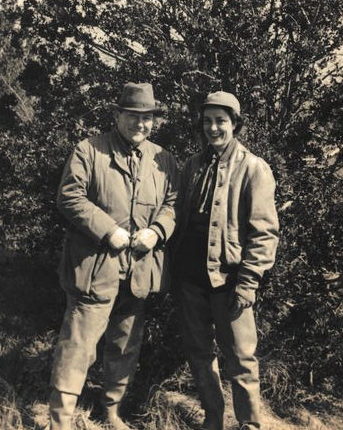
Tom and Jean Yawkey are married in Georgetown, South Carolina and Jean grows to love the natural beauty of the area as much as Tom. They work together to carefully manage the land and resources Tom inherited and dedicate themselves to the betterment of the Georgetown community. The Yawkeys spend each winter in Georgetown, returning to Boston in June to attend to the business of their beloved Boston Red Sox.
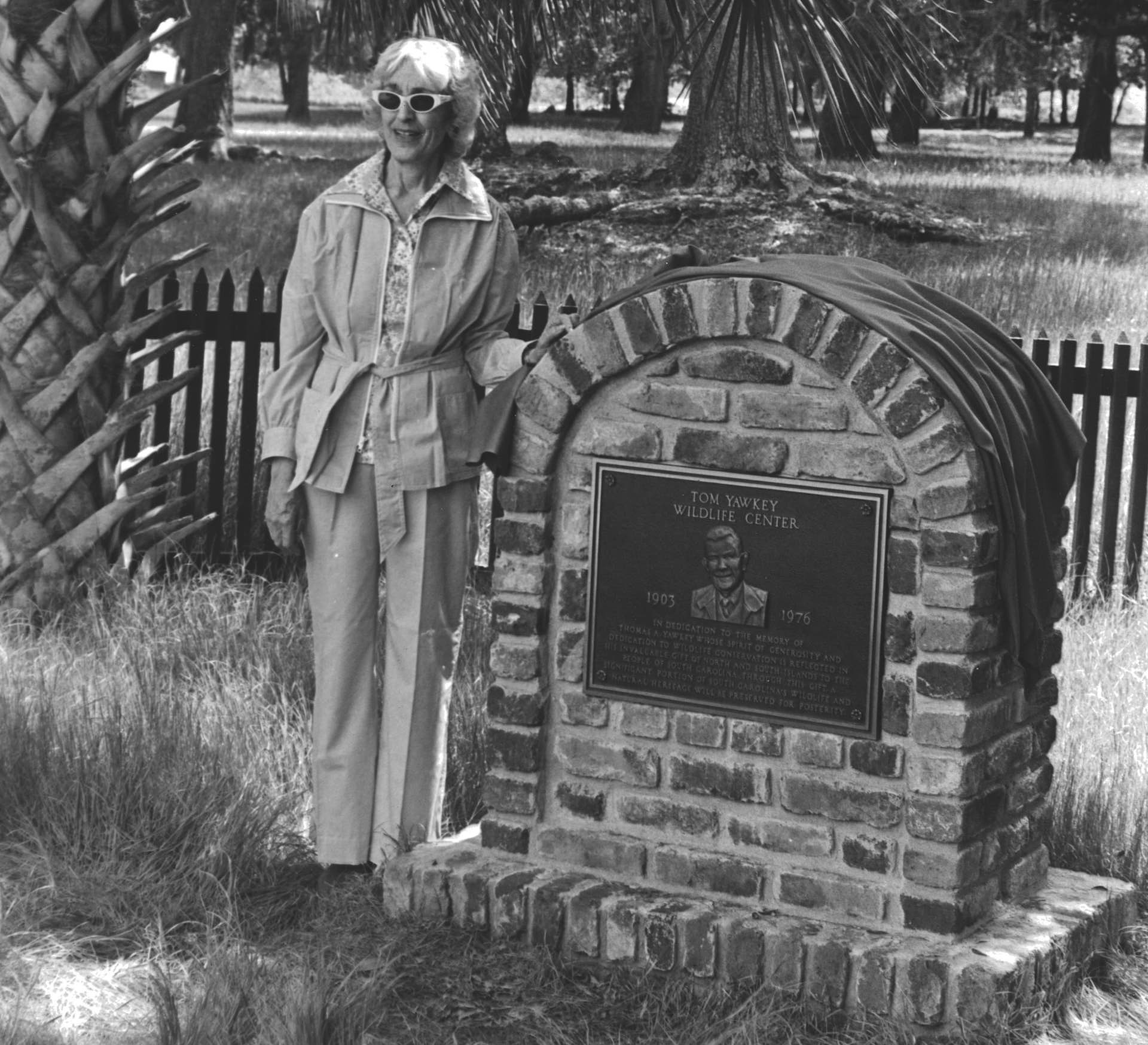
Tom Yawkey, through his will, donates his 20,000 acres of land on Winyah Bay, in Georgetown, South Carolina to the South Carolina Wildlife and Marine Resources Department (now known as the South Carolina Department of Natural Resources) and establishes the Yawkey Foundation to annually fund the maintenance of the property as a protected wildlife preserve in perpetuity. Over the years, Jean Yawkey adds to what is now known as the Tom Yawkey Wildlife Center, and the 24,000-acre property in the low country of South Carolina remains dedicated to conservation, research and educational purposes.
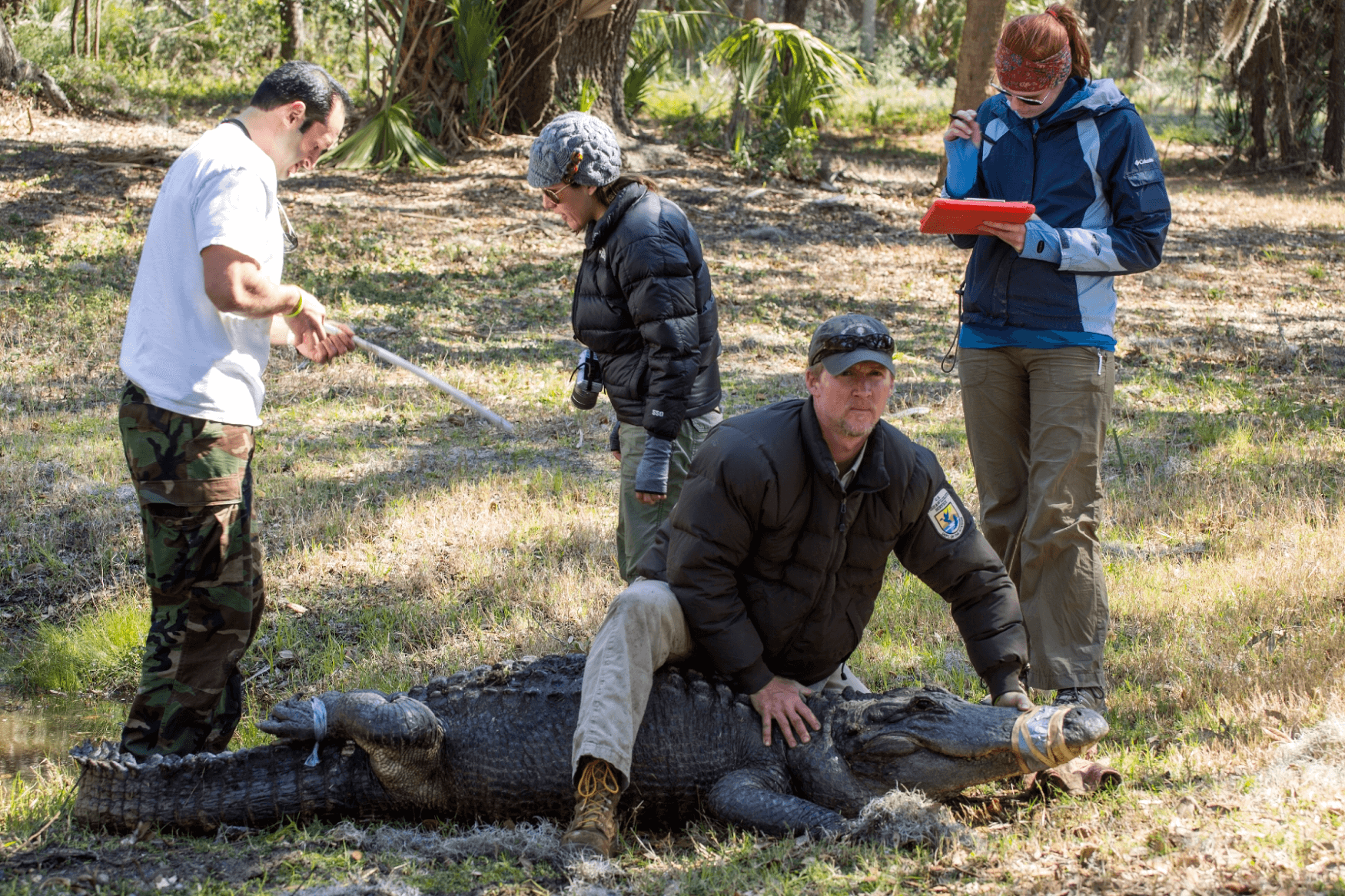
The Tom Yawkey Wildlife Center begins a longitudinal study on alligators. Now conducted in collaboration with Clemson University as well as the Florida Fish & Wildlife Foundation, this study continues today and is the longest known continuous alligator study in the world. Focused on American alligator growth and reproduction, the study provides scientists visibility into the alligator population unlike anywhere else in the world.
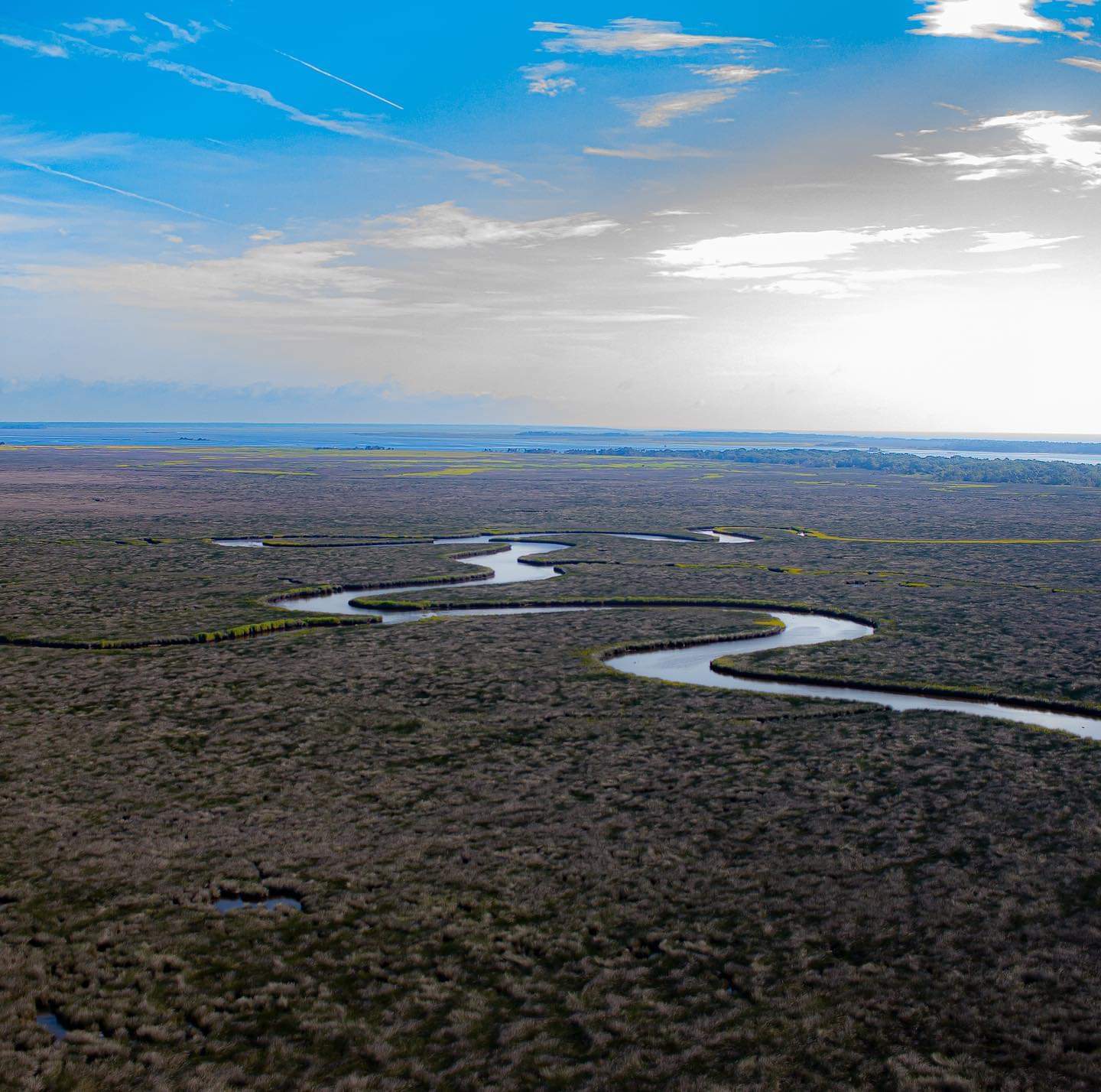
The Yawkey Foundation, in partnership with the Tom Yawkey Wildlife Center and the Nature Conservancy of South Carolina, completes a nearly 100 year effort started by Tom Yawkey to place all outstanding tracts of land on Cat, South, and North Islands located at the mouth of Winyah Bay in Georgetown, South Carolina under conservation easement. Now encompassing more than 24,000 acres, the Tom Yawkey Wildlife Center is principally dedicated as a wildlife preserve, research area, and waterfowl refuge.
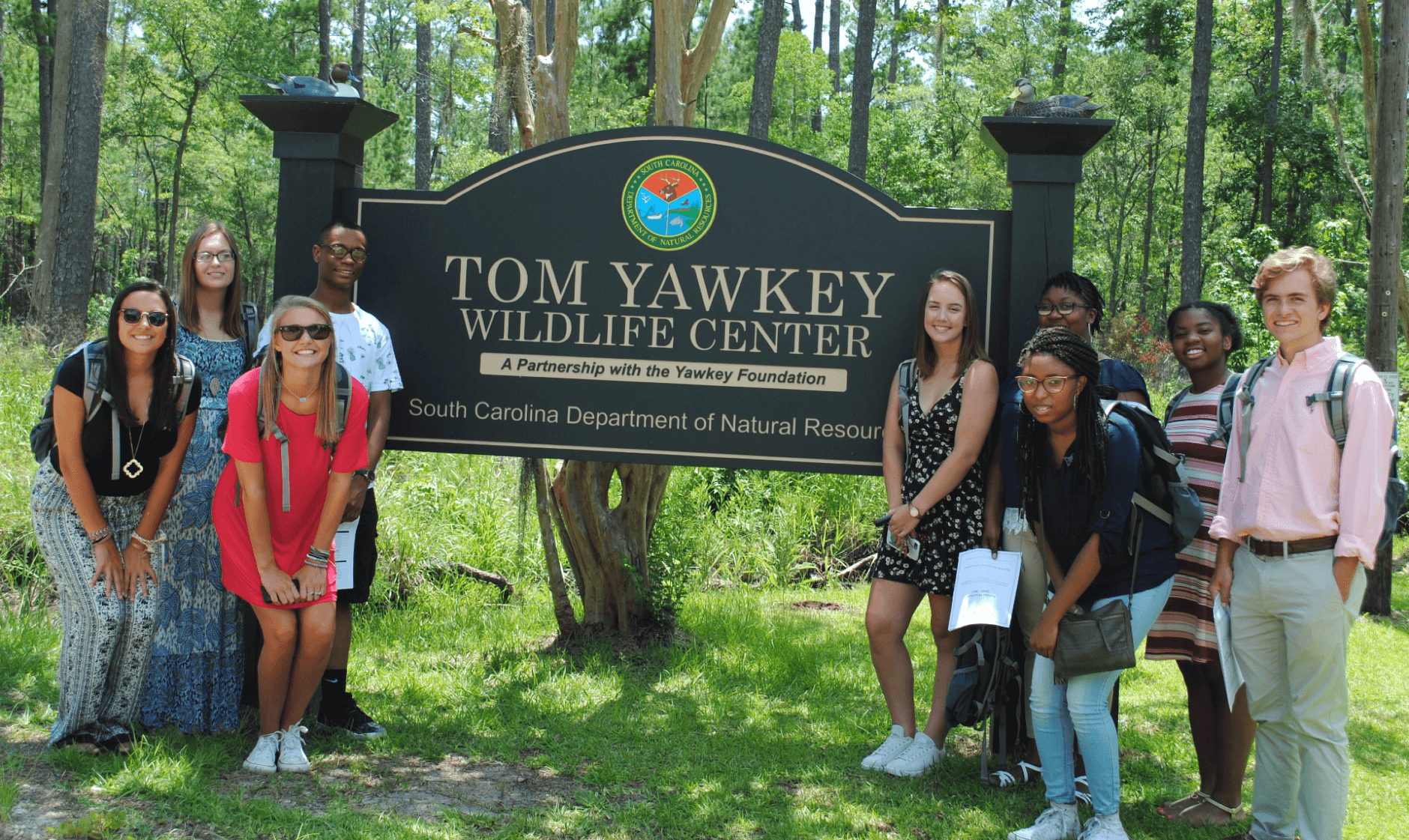
With support from the Yawkey Foundation, the Tom Yawkey Wildlife Center greatly expands its long running tour program providing an introduction to the history of the Islands, a view of various wildlife habitats and historic sites, and a look into the lives of Tom and Jean Yawkey. With more than 400 annual visitors including school groups and college programs, the Tom Yawkey Wildlife Center provides visitors with unparalleled access and unique context into the history and science along its 66 miles of pristine beach and 20,000-acre field laboratory.
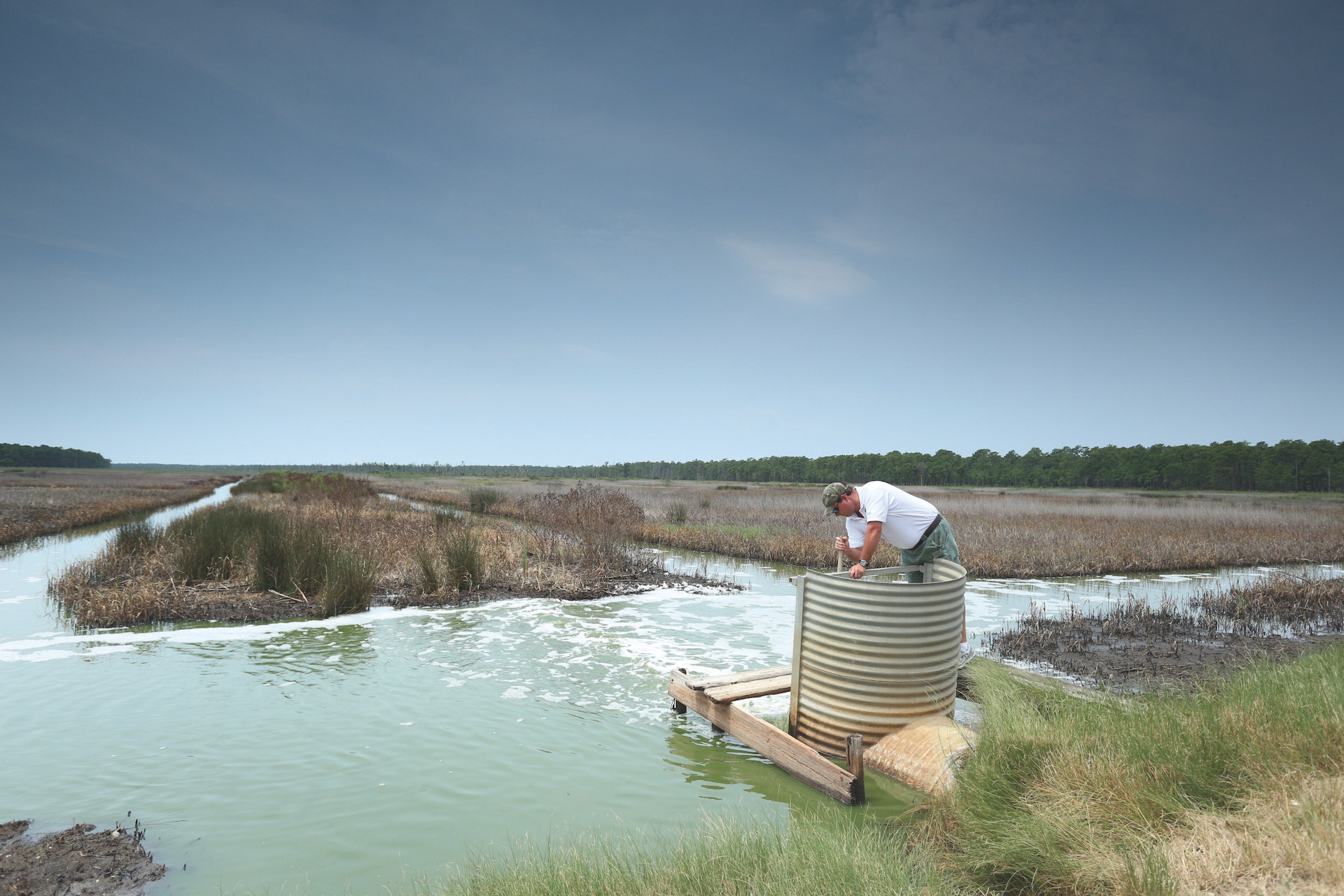
The Yawkey Foundation develops a field internship program at the Tom Yawkey Wildlife Center in conjunction with Horry-Georgetown Technical College and provides program grants to support these internship opportunities and pathways to careers in forestry and wildlife management. The Yawkey family history in the forestry industry dates back to Tom’s grandfather, William Clyman Yawkey, and Tom himself worked in some of the Yawkey Wisconsin logging camps while in college.
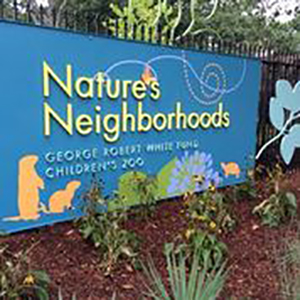
The Yawkey Foundation brings its support for the wildlife north to Massachusetts and provides a $100,000 strategic investment planning grant to Zoo New England as the organization implements its strategic plan to enhance its facility in Franklin Park in Boston. This grant is followed in 2015 with a $500,000 strategic investment grant to Zoo New England to support the construction of the Children’s Zoo, giving children and families an opportunity to connect with animals and their habitats while fostering an understanding of the interdependent communities, wildlife preservation and environmental stewardship.
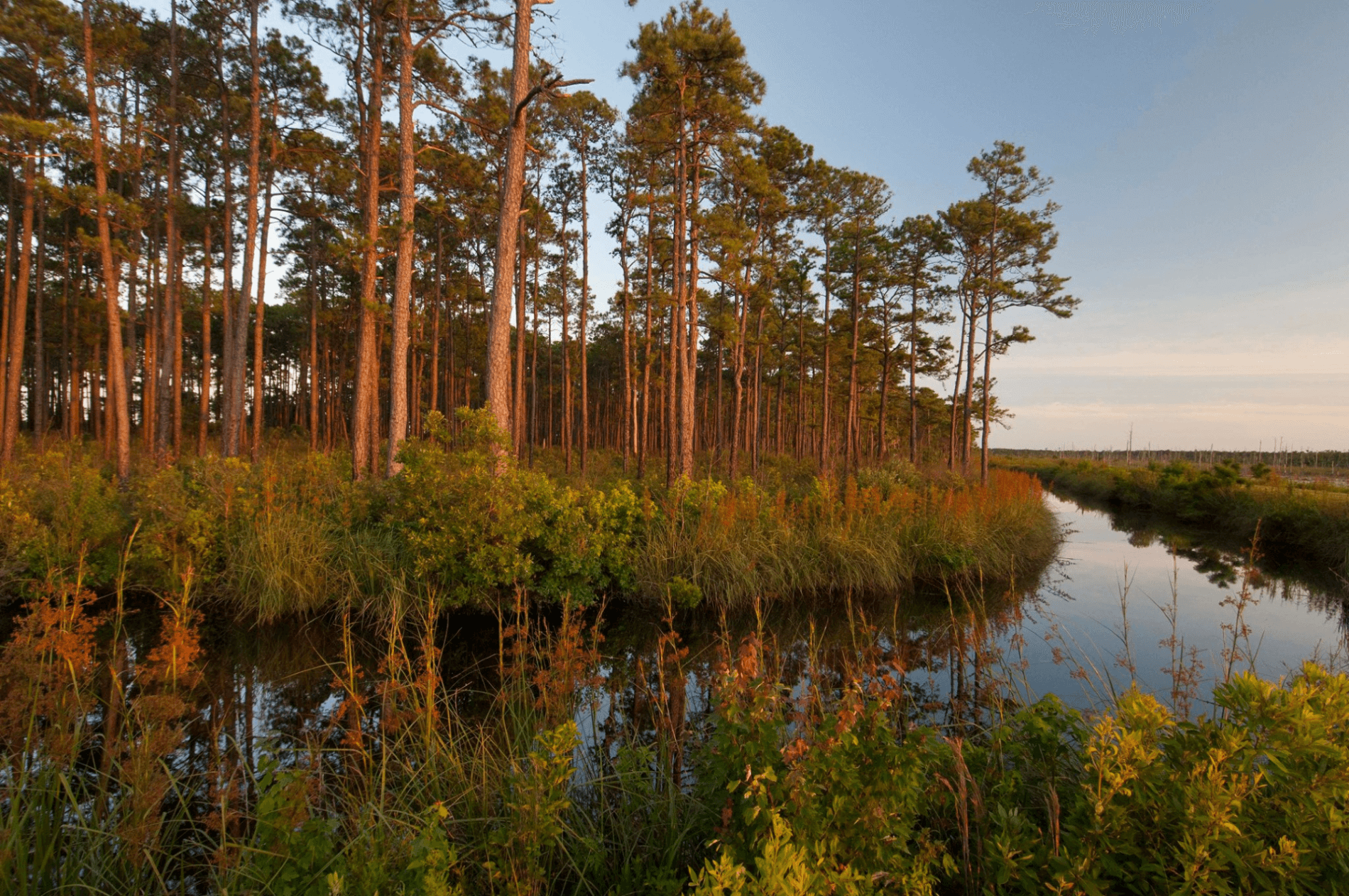
The Yawkey Foundation and the Tom Yawkey Wildlife Center partner with Woods Hole Oceanographic Institute on a series of program grants designed to study the effects of hurricanes and pollution on the Santee River Wetlands which flow throughout the Tom Yawkey Wildlife Center.
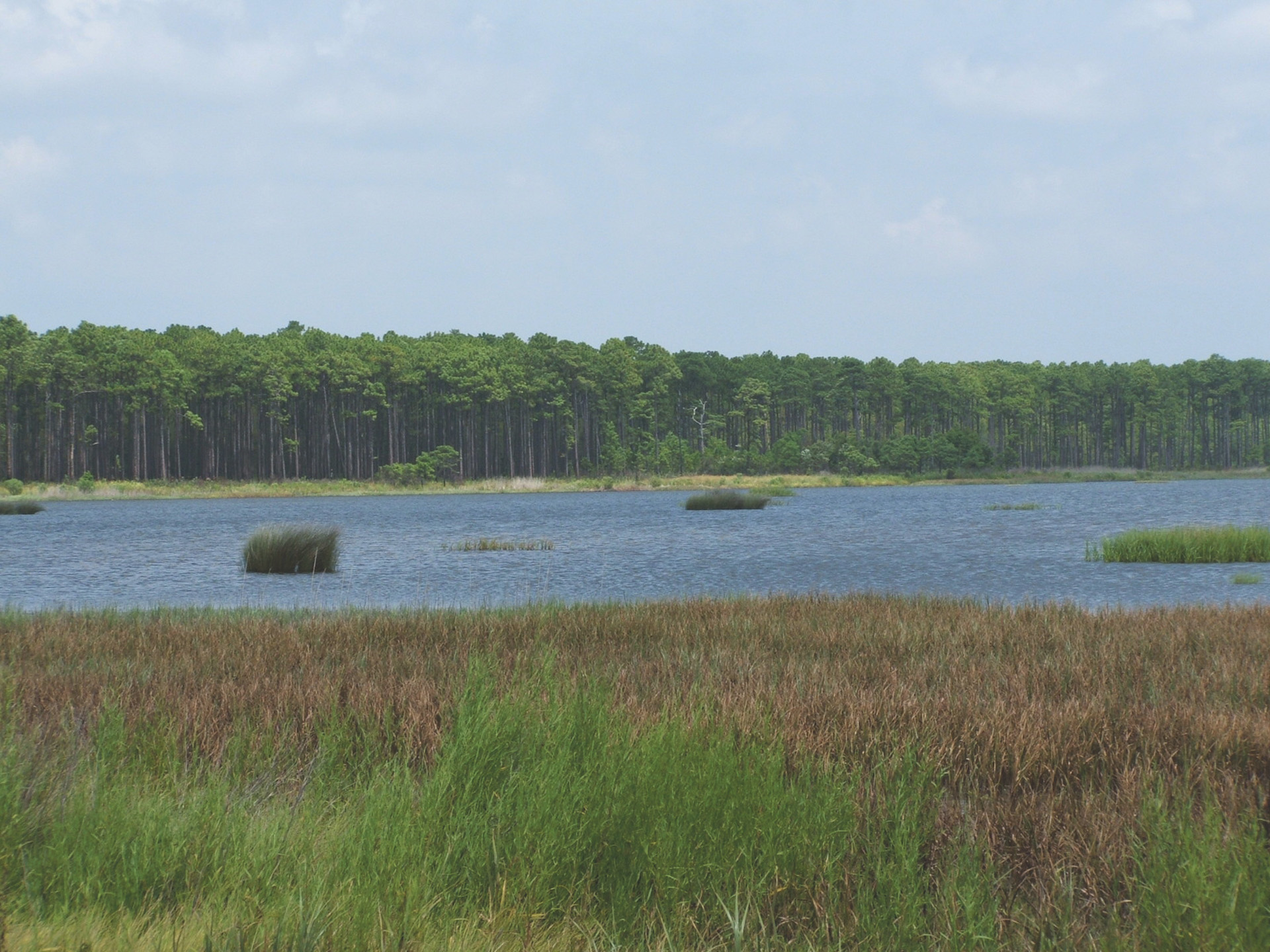
After two decades of working together at the Tom Yawkey Wildlife Center, the Yawkey Foundation and Clemson University enter into a partnership to coordinate research among faculty and graduate students at the Wildlife Center. With a strategic investment grant from the Yawkey Foundation, this partnership creates opportunities for long-term research planning, a research website, and other milestones to advance conservation of the land.
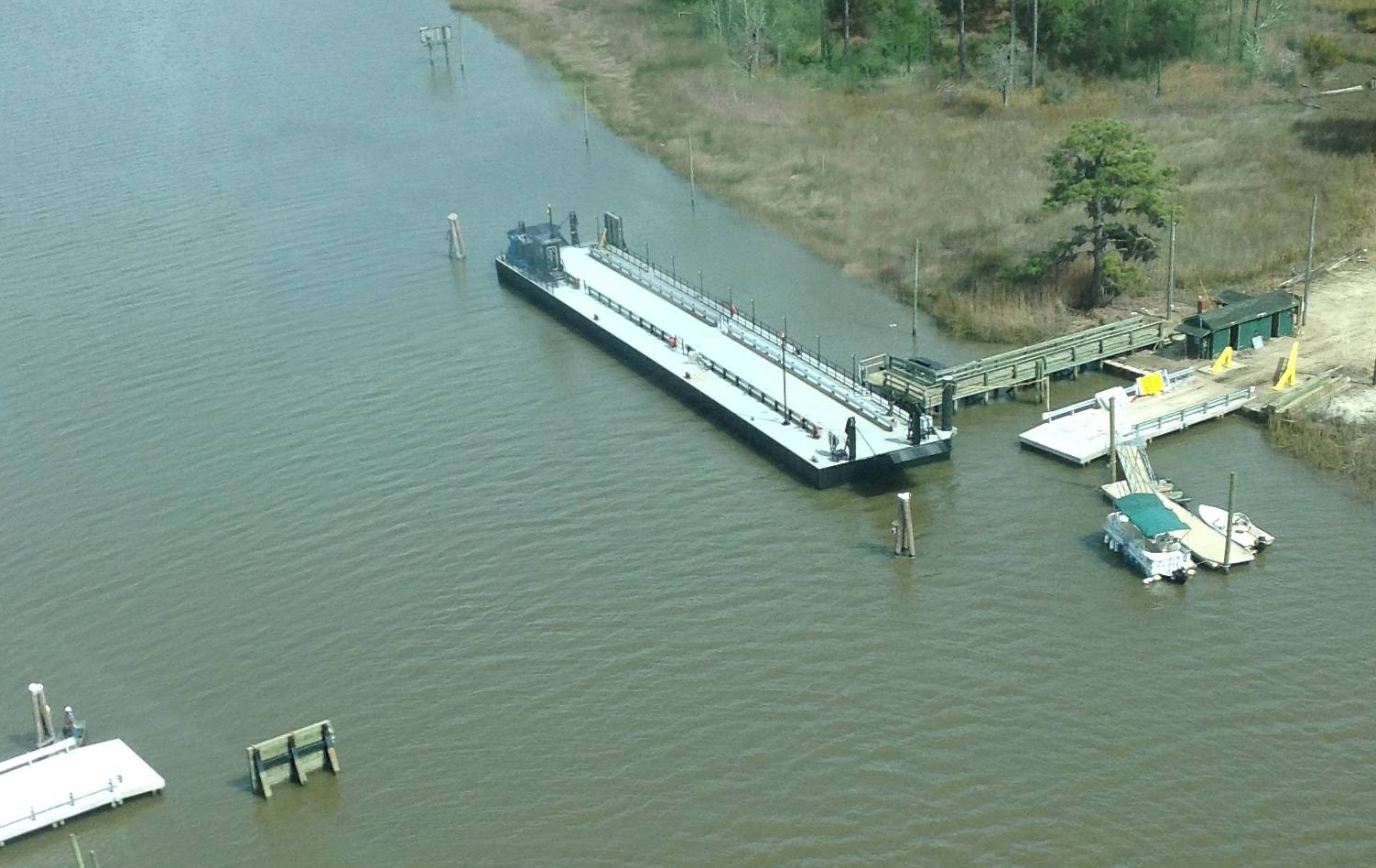
After many years of careful planning in conjunction with the state of South Carolina, the South Carolina Department of Natural Resources, the U.S. Army Corps of Engineers, and the U.S. Coast Guard, the Yawkey Foundation provides a transformational capital grant for the construction of a floating swing bridge that connects the Tom Yawkey Wildlife Center in Georgetown, South Carolina with the mainland to assist with property management, including the use of trucks and other equipment to control the forest canopy, manage research and education programs, and numerous ongoing maintenance, preservation, and improvement projects.
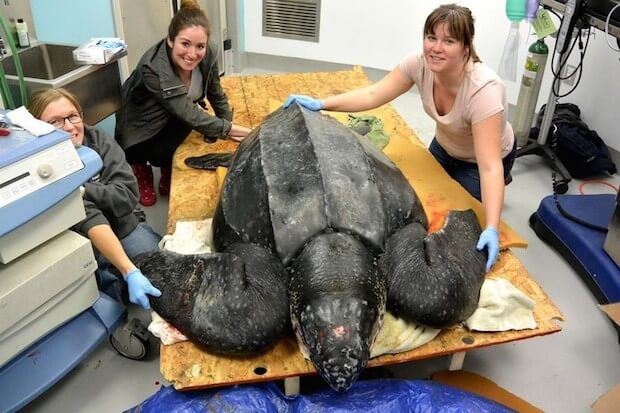
Known as one of the premier nesting grounds for the federally endangered Loggerhead Sea Turtle and for its extensive turtle conservation program, the Tom Yawkey Wildlife Center staff discover a large, lethargic Leatherback Sea Turtle stranded in the surf on the Islands. This was the first time a stranded Leatherback was found alive along South Carolina’s coast. Veterinarians from the South Carolina Aquarium partner with the SC Department of Natural Resources and Yawkey Wildlife Center staff to rescue and transport this massive turtle, subsequently named “Yawkey,” to the Aquarium’s sea turtle hospital where he recuperates and is eventually returned to the Atlantic Ocean.
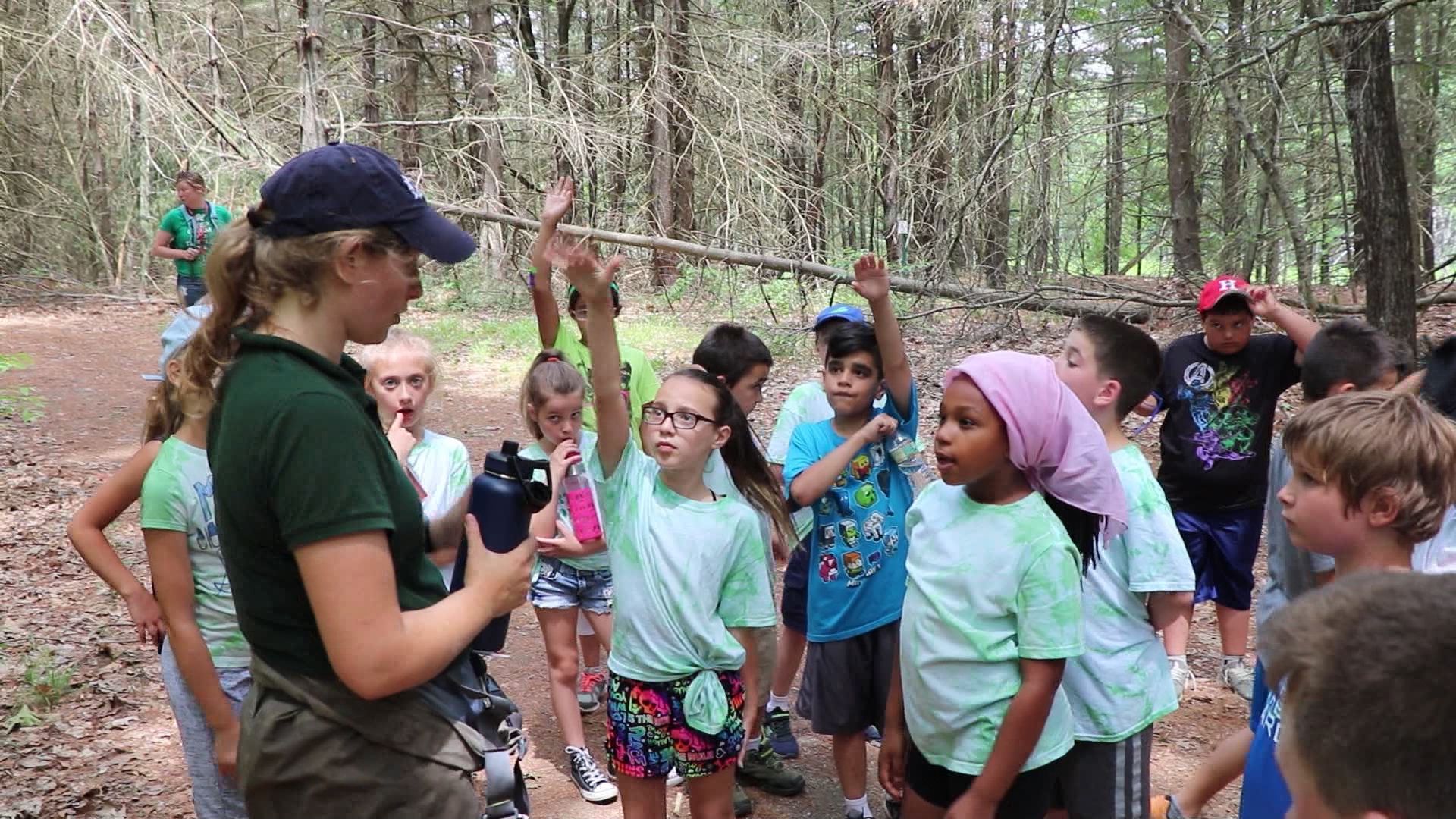
Committed to turtle conservation and rehabilitation, the Yawkey Foundation partners with Zoo New England to provide program grants for the Boston Hatchling and Turtle Conservation Headstarting (HATCH) Program, giving Boston Public School children the opportunity to get outdoors, learn about the ecology of Boston’s freshwater wetlands, and raise “hatchling” turtles in their classrooms.
 Youth & Amateur Athletics
Youth & Amateur Athletics  Conservation & Wildlife
Conservation & Wildlife  Health Care
Health Care